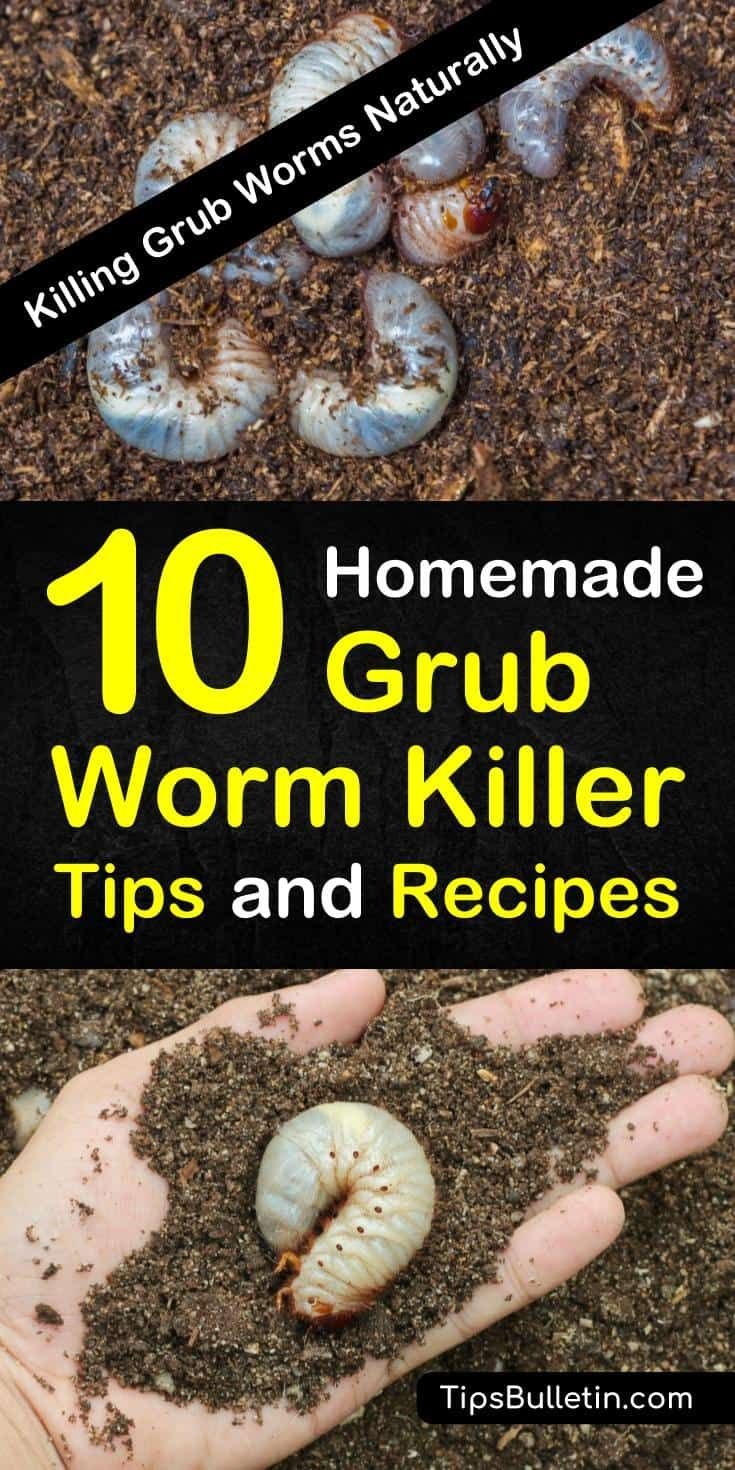
Imagine this scenario: you’re sitting in your backyard, admiring your garden’s beautiful blooms when you notice some wilting leaves. Your heart sinks as you suspect grub worms might be the culprit. Instead of rushing to the store for chemical treatments, you think, “What if I could use something natural?” That’s where beneficial fungi come into play. These friendly fungi can help combat grub worms effectively and sustainably. Let’s dive into how this works!
What Are Grub Worms and Why Are They Bad for Your Garden?
Grub worms are the larvae of various beetles, such as Japanese beetles or June bugs. They spend their early life underground, munching on the roots of plants. You might be wondering, “Why should I care?” Well, grub worms can cause significant damage, leading to dead patches in your lawn or sickly plants.
Think of grub worms as uninvited guests at a party. They show up, eat all the snacks, and leave a mess behind. When their numbers grow too large, they can take over your garden, stunting plant growth and ruining your hard work.
Now, if you’re seeing signs of wilting leaves or patches of dead grass, you might want to investigate. Digging a little into the soil can help you find these pests lurking beneath the surface.
How Beneficial Fungi Work Against Grub Worms
So, how do beneficial fungi fit into this picture? Essentially, they act as nature’s defenders. When you introduce specific beneficial fungi to your garden, like *Beauveria bassiana* or *Metarhizium anisopliae*, they work to infect and kill grub worms naturally.
Here’s the thing: these fungi release spores that attach themselves to the grub worms. Once attached, the spores penetrate the larvae’s outer shell, causing it to become sick and eventually die off. It’s like sending in a secret agent that neutralizes the threat without harming your garden.
What’s great about this method is that it’s safe for the environment. You won’t have to worry about chemical residues harming beneficial garden creatures or contaminating your soil.
Finding the Right Beneficial Fungi
When looking for beneficial fungi, you’re in luck. They often come in the form of powders or granules that you can easily apply to your garden.
Some popular brands to consider include:
- Nature’s Good Guys – Known for their high-quality fungal-based pest controls.
- Gardener’s Supply Company – Offers a variety of organic solutions including beneficial fungi.
- Amazon – You can find several options here, just be sure to check reviews!
Before purchasing, read the product descriptions carefully. You want to ensure that you’re getting a product specifically targeting grubs. Also, look for those containing the beneficial fungi we mentioned, like *Beauveria bassiana*.
How to Apply Beneficial Fungi
Applying beneficial fungi is straightforward but requires a bit of knowledge. Here’s a step-by-step guide to help you out:
1. **Choose the Right Time**: The best time to apply beneficial fungi is during the cooler parts of the day, like early morning or late afternoon. This helps prevent the spores from drying out too quickly.
2. **Prepare Your Soil**: Before application, moisten the soil lightly. This helps the fungi to better adhere to the grubs in the soil.
3. **Spread the Fungi**: Follow the instructions on your product’s label. Generally, you’ll want to sprinkle or spread the granules evenly across the affected areas.
4. **Water the Area**: After applying the fungi, water the area lightly. This helps activate the spores and gets them working on the grub worms.
5. **Monitor Progress**: Keep an eye on your garden. You should start to see improvements within a few weeks as the fungi do their job.
Benefits of Using Beneficial Fungi
Choosing to control grub worms with beneficial fungi comes with a handful of perks.
– **Eco-Friendly**: Unlike chemical pesticides, beneficial fungi are organic and pose no harm to the environment. They protect your garden and preserve the ecosystem.
– **Sustainable Solution**: Using beneficial fungi can actually improve the health of your soil over time. As they break down organic matter, they contribute to nutrient cycling, creating a more fertile environment for your plants.
– **Reduced Chemical Dependence**: By using natural methods, you reduce your reliance on chemicals. This can lead to healthier produce if you’re growing food and a safer environment for you, your family, and pets.
Common Mistakes to Avoid
While using beneficial fungi is generally straightforward, there are pitfalls to watch out for. Here are a few common mistakes:
– **Ignoring Timing**: Applying beneficial fungi during hot, dry weather can reduce their effectiveness. Always choose a cooler time of day.
– **Overwatering**: While you want the soil to be moist, too much water can wash away the fungi. Find a balance.
– **Not Following Instructions**: Each product has specific application instructions. Skipping steps can lead to poor results.
– **Neglecting Your Soil Health**: Healthy soil promotes the growth of beneficial fungi. Ensure your soil is rich in organic matter for the best results.
The Bottom Line: A Natural Approach to Grub Worm Control
When faced with grub worms in your garden, consider turning to beneficial fungi as a natural solution. Not only do they help control pest populations, but they also promote a healthier garden ecosystem. The key is to apply them correctly and be patient.
By embracing these natural allies, you can protect your plants and enjoy a thriving garden. The next time you see those pesky grub worms, remember that nature has your back—no harsh chemicals necessary! Happy gardening!

